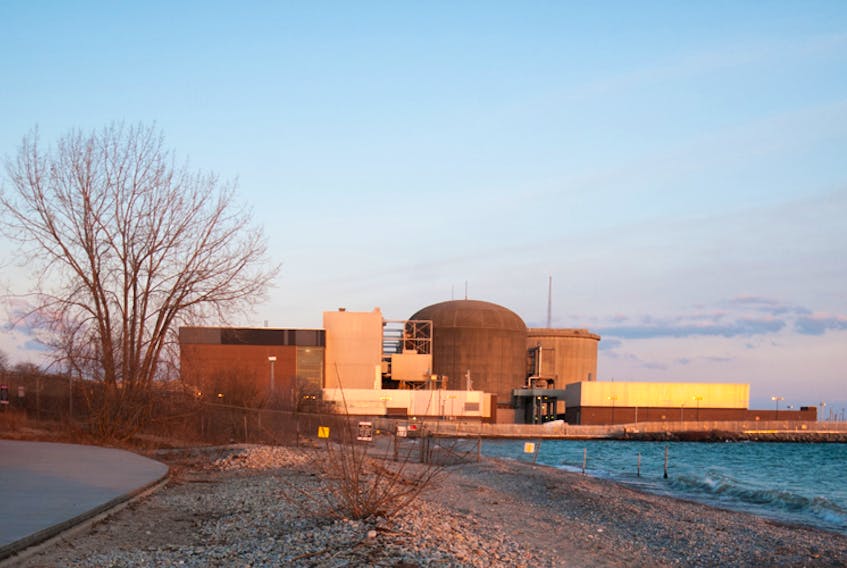Comparing the climate change policies of the federal parties is a depressing experience. Let’s start with the Liberals, looking first at their performance to date.
Once elected, they adopted the same goals for reducing carbon emissions as the Harper government.
The principal tool deployed has been the carbon tax. This includes exceptions for farmers and fishermen, greenhouse operators, rural and small communities, Indigenous communities and the many industries that would otherwise migrate to the United States, where fighting climate change is not on the agenda. That would lose the jobs without doing anything for the planet.
As of the end of 2018, the government was on track to fall 79 megatonnes short of its 2030 greenhouse gas emissions targets, up from a 66-megatonne shortfall in 2017.
The current tax of $20 a tonne is scheduled to rise to $50 by 2022. The parliamentary budget officer has estimated that the tax would have to rise to more than twice that, and be applied to all 10 provinces, if the tax were the only tool.
Nevertheless, the Liberals announced that the carbon tax would be capped at $50. The Liberals, in power for four years, have been unable to provide a plan that would reach the 2030 goals.
Unembarrassed by that failure, the Liberals have announced that they will put in place tools to reduce net carbon emissions to zero by 2050.
Conspicuously absent are details about how this might be accomplished, other than a plan to plant two billion trees. When asked about this, Environment Minister Catherine McKenna said that this policy was really about making sure they get re-elected. Indeed.
We can get an inkling of what it might take to meet the new goal from the Green Party platform.
It declares that they would, by 2030:
- prohibit any new pipelines, development of new coal, oil, or gas projects, including offshore oil;
- cancel the Trans Mountain Pipeline in which the Liberals invested $5 billion;
- ramp up renewable electric generation so that 100 per cent of electricity would be from renewable resources by 2030;
- spend $10 billion to improve cross-Canada electricity connections;
- build high-speed rail and require passenger ferries to be electric;
- ban the sale of internal combustion passenger cars after 2030.
This is a partial list. It would certainly please Saudi Arabia and Venezuela, but would be devastating for Alberta and Newfoundland and Labrador, and do real economic damage to British Columbia and Saskatchewan. It does the planet no good at all to replace offshore production with imported oil. Implementation of many of the Greens’ plans before 2030 is utterly impractical.
According to the Greens, their actions would only achieve a 60 per cent reduction of carbon emissions, leaving the other 40 per cent necessary for the Liberal goal to be achieved by further measures.
No wonder the Liberals did not want to talk about details.
The NDP plan is a paler version of what the Greens are offering. Like them, it promises vast subsidies for public transit, rail corridors, housing retrofits and retraining for energy industry workers.
The Conservatives cannot be accused of having an impractical plan because theirs has so little substance. It is vague and unambitious, mostly focusing on big industrial emitters. That is likely to run into the same problem that the Liberals recognized — that taxing those companies too much will make them take their jobs and emissions to the U.S.
In all four cases, the platforms represent political posturing rather than a serious discussion about helping the planet.
Nobody wants to talk about nuclear power. Yes, it has issues — frequent cost overruns, questions over how to store spent fuel and the possibility of major accidents such as Chernobyl and Fukushima. As serious as these are, they pale in comparison with the long-term impacts of climate change.
Britain is a leader in reducing carbon emissions. In 2016, it generated a quarter of its electricity from nuclear power and had plans to increase that to a third.
Like Ontario, which gets 60 per cent of its power from nuclear plants, Alberta lacks abundant hydroelectric resources.
Natural gas is used in the oil sands to generate steam for in situ oil production. That represents 25 per cent of Canada’s demand. It could be replaced by nuclear power, as could many of Alberta’s coal plants.
Canadians need to think beyond our borders.
India is passing China as the world’s most populous country and aspires to match China’s economic success. Most of its power comes from coal. At present, China has more than four times India’s GDP.
If India starts to catch up without reducing the carbon intensity of its economy, the negative impact on the planet will dwarf any actions that Canada might take to reduce emissions within its own boundaries.
We can help developing and densely populated countries with nuclear technology, and by providing a safe facility for other countries’ handling spent fuel. One thing Canada has in abundance is space.
Let’s hope that we can have an honest conversation about climate change after the election.









